Teaching in an international environment, the SUR in English education forum
Experts from some of the Costa del Sol's most prestigious schools came together at Aroyo de la Miel library in Benalmádena to discuss key issues including student welfare, assessment methods, preparing students for the future and AI
Jennie Rhodes
Tuesday, 11 March 2025, 13:45
Southern Spain, with its large international population, is home to some of the most prestigious independent schools in the country. Many English-language schools teach the British curriculum, and others follow the Spanish system as well as offering the International Baccalaureate. There are also Swedish, Norwegian, Finnish and German schools on the Costa del Sol.
This March, the busiest month for school registrations in Spain, SUR in English brought together head teachers and directors from some of the Costa del Sol’s leading international educational centres along with the acting mayor of Benalmádena, Presi Aguilera, at the newly refurbished library in Arroyo de la Miel as part of the newspaper's Education and Learning week.
The panellists taking part in the discussion were James Riley, Co-Director of Phoenix College Málaga; Gavin Palmer, Headteacher at Sunny View School in Torremolinos and Beata Fröhlich, Dean at MIUC (Marbella International University Centre. This was one of the many events organised as part of the SUR in English 40th anniversary year.
Learning in an international environment
Presi Aguilera welcomed the participants and described the library as “a symbol of education” which is recognised by the Junta de Andalucía as an international library, thanks to its over 1700 volumes in English. She said the building acted as an “intercultural meeting point” for all residents and nationalities in Benalmádena. The acting mayor highlighted that education is a “cornerstone” for the town hall and went on to congratulate SUR in English on its 40th anniversary.
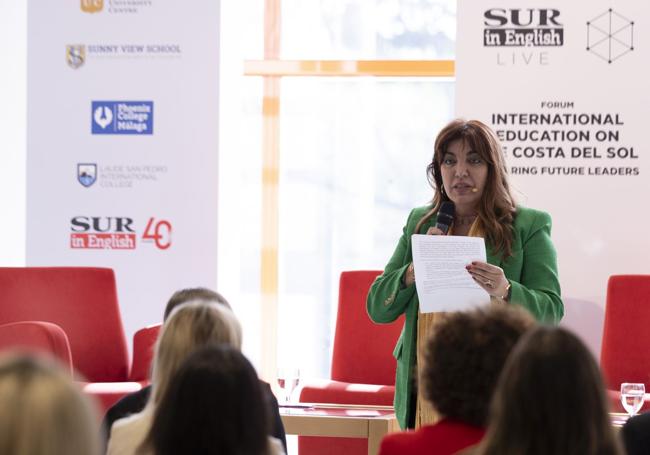
Zoom
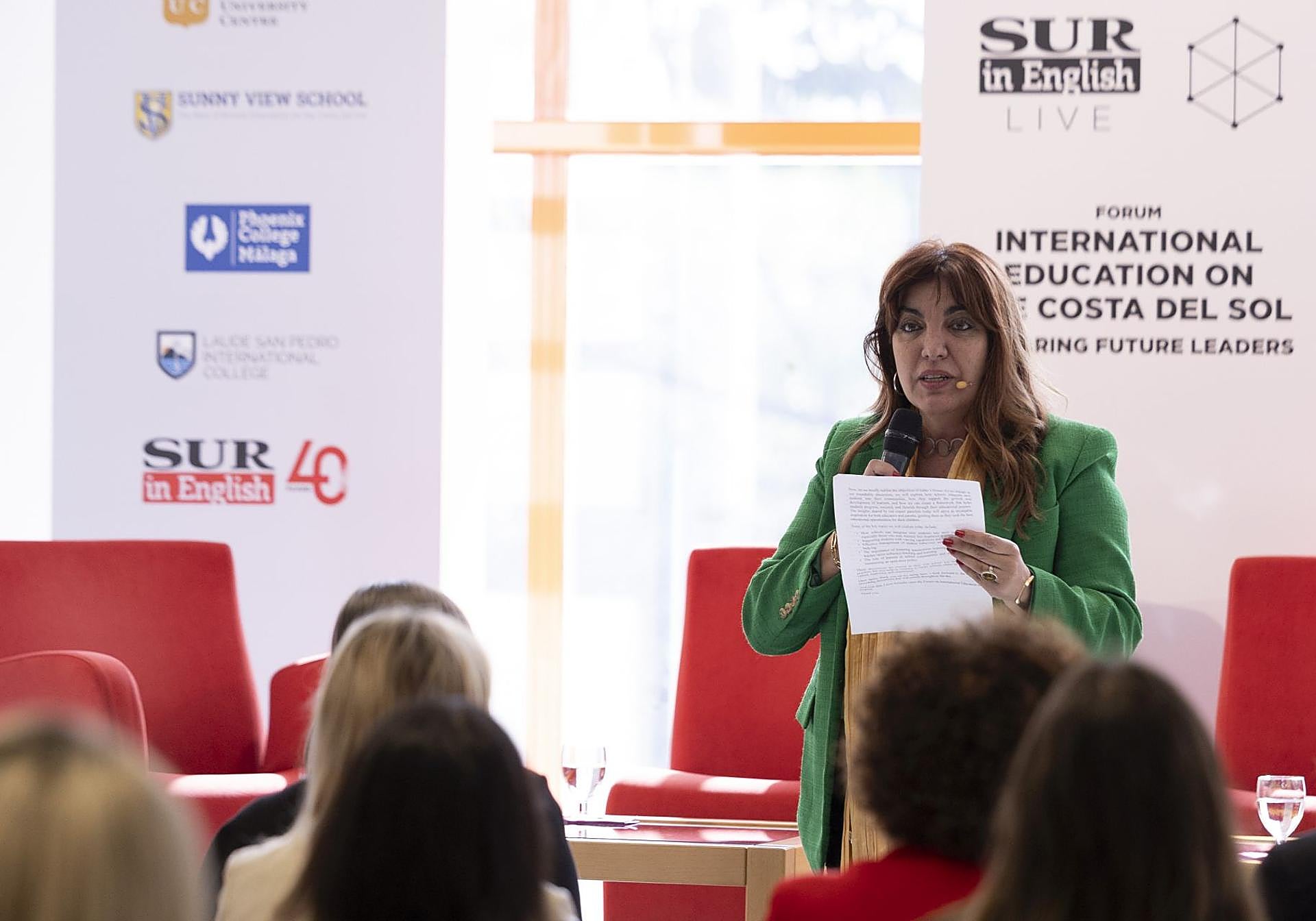
Aguilera handed over to SUR in English editor Rachel Haynes who introduced the three panellists. They discussed matters affecting international schools in the south of Spain, from the advantages of studying in an international environment to how schools are preparing their students to be the leaders of the future, to current assessment mechanisms, student welfare and artificial intelligence.
Answering the first question, ‘what are the advantages to pupils and students of being in an international environment?’ Gavin Palmer explained that the international environment at Sunny View school offers the students “a uniquely global experience” and exposes them to “different world views”. Beata Fröhlich explained that as MIUC has 97 different nationalities represented at the centre, it leads to “cross cultural communication” and provides students with “essential skills” and a “global network”.
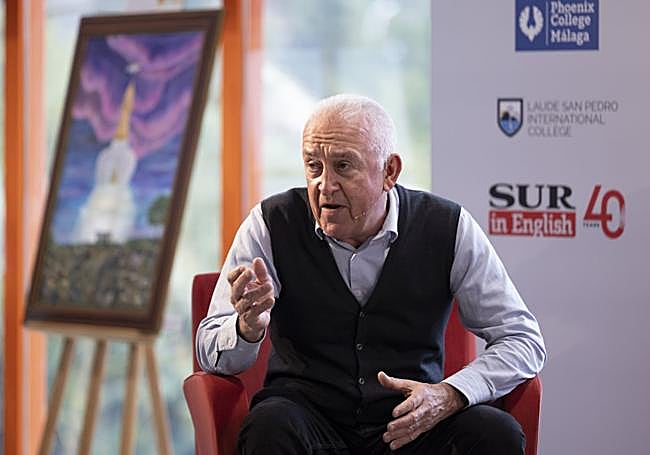
Zoom
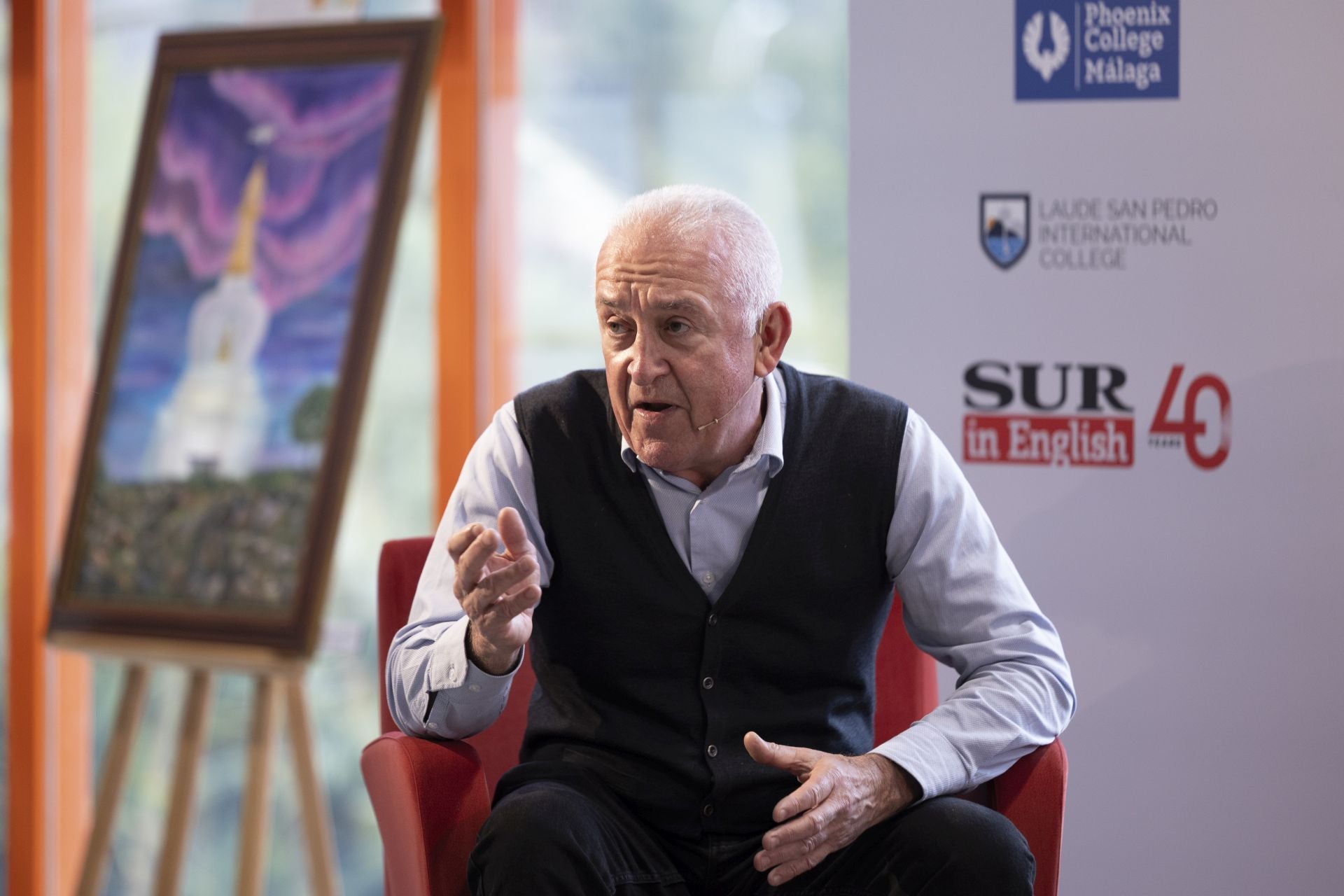
James Riley agreed with Palmer and Fröhlich’s points and added that Malaga has seen many changes in recent years and has become an international hub, with the expansion of Malaga Tech and big companies like Google investing in the city, it has become a “very attractive” place for international education and opportunities.
Using technology in the classroom
Haynes then asked the panellists whether the current way of educating students fully prepares them for their future in the 21st century. Beata Fröhlich said that at MIUC a key focus is on teaching creativity, critical thinking and curiosity and that the centre recognises the important balance between theory and practical experience.
James Riley explained that at Phoenix College staff are constantly adapting education to technology as it develops and that in the same way that schools in the 1970s learned to adapt teaching Maths to the introduction of calculators and the development of computers and the internet in the late 1990s, education is now learning “how best to use artificial intelligence to its advantage”.
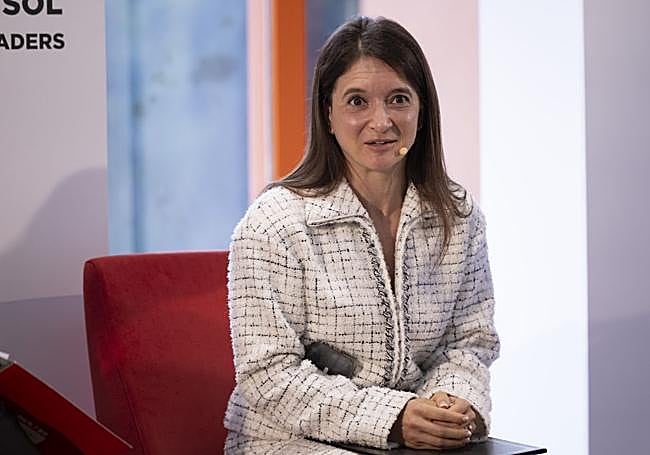
Zoom
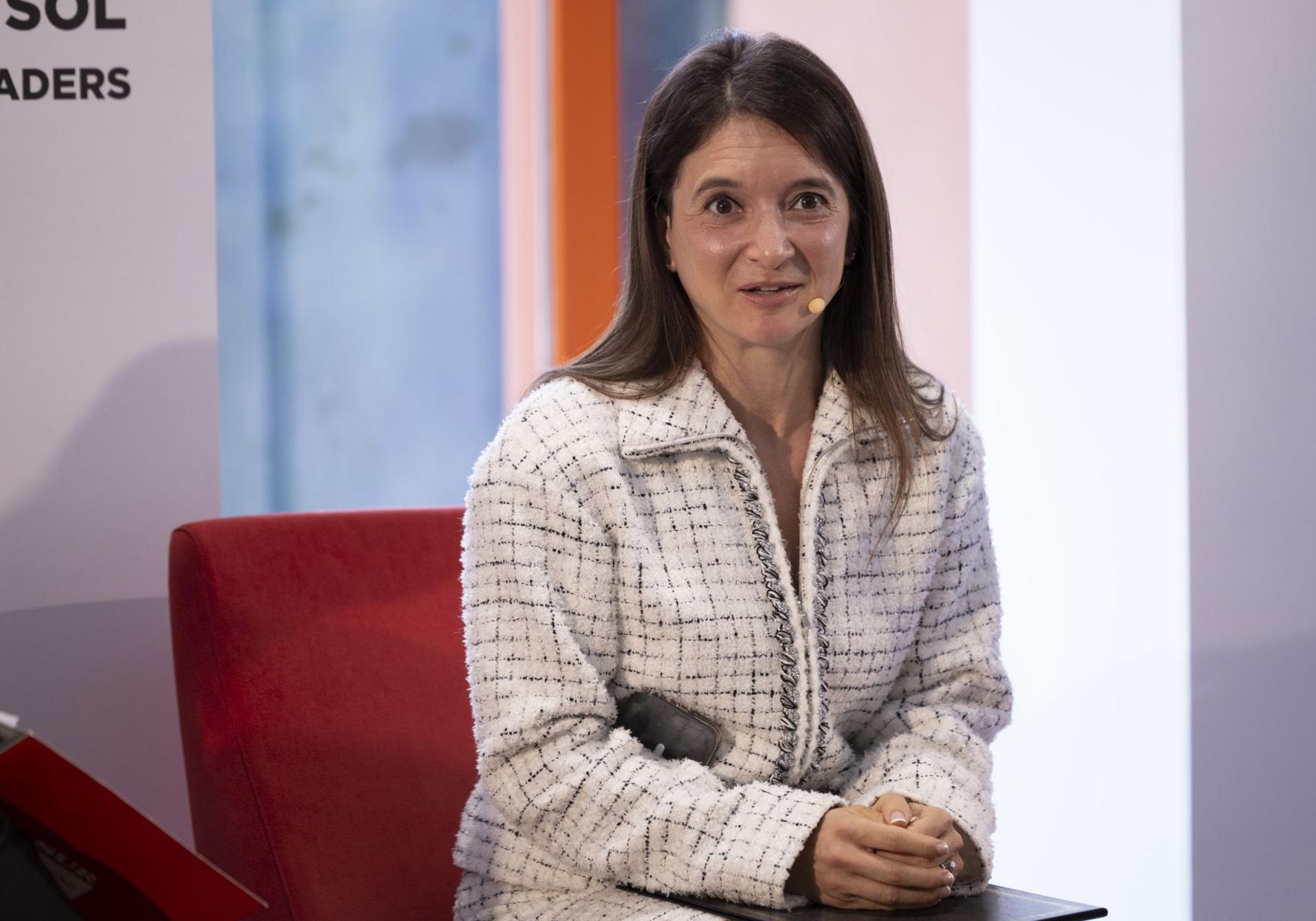
Gavin Palmer of Sunny View School agreed and added that the onus is on educators to manage AI and the messages that are given to students on its “ethical and safe use” and to ensure that the use of new technologies “is appropriate”.
All of the panellists agreed that AI does have a place in education in terms of freeing up time and allowing it to take away some of the administrative burdens so that educators can focus on delivering lessons to their students, but it is not going to replace the need for teachers. “It’s a win-win situation if managed properly,” Beata Fröhlich summed up.
Standardised testing
The debate then moved on to the issue of standardised testing and Rachel Haynes asked if it is still the best way to evaluate students’ progress. Gavin Palmer argued that it still “has its place” and that it provides “valuable insights” into students’ progress. However, he went on to say that other methods should also be used, such as peer assessment and providing live feedback. “It’s a question of striking a balance so that students are prepared to sit formal exams,” he summarised.
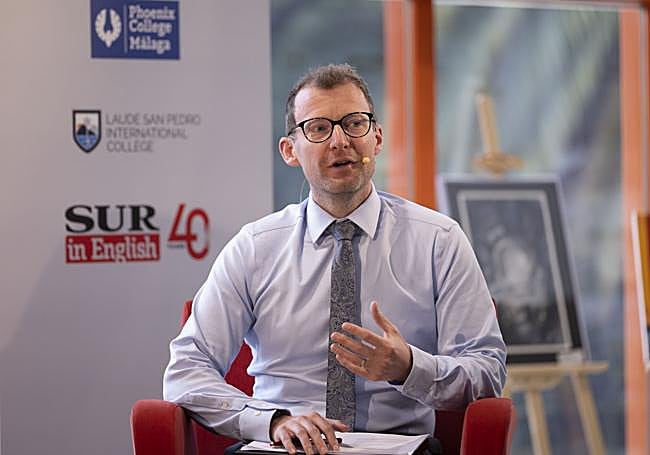
Zoom
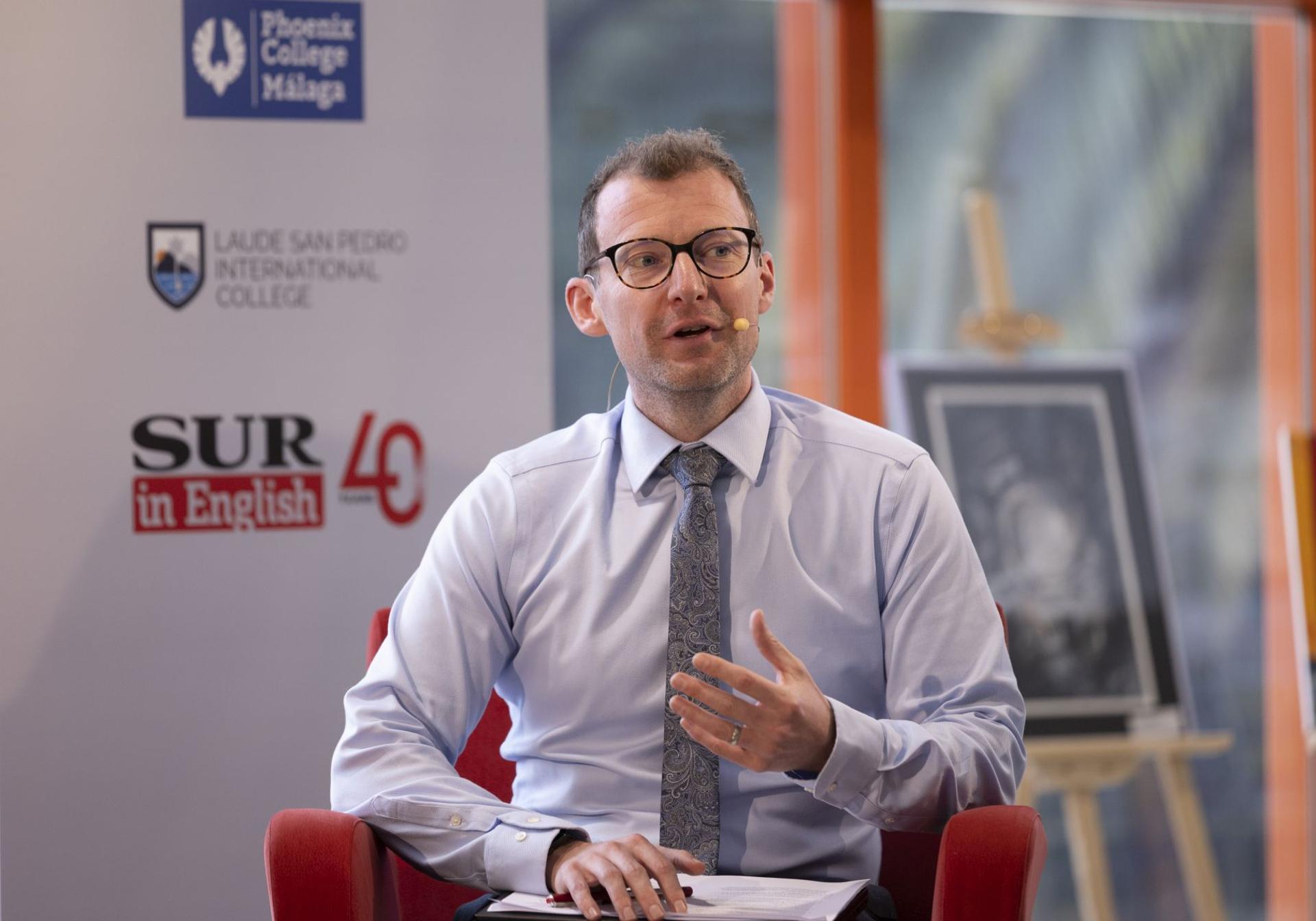
For James Riley, as Phoenix College focuses on ‘A’ Levels and international ‘A’ levels, which are marked externally, preparing the students is fundamental and “standardised testing is still needed”, but he also agreed that assessing students as they go through their educational journey is also important.
Beata Fröhlich explained that at MIUC, a combination of approaches is used to assess students, including case studies, research and problem solving and that “making sure students are prepared for life after university” was also vital.
Student welfare
The panellists were then invited to talk about the importance of student welfare, which they agreed underpins the academic side of school and college life. James Riley explained that individual attention and communication between students, teachers and parents was key at Phoenix College. The maximum class size of 12 enables a “family-like” atmosphere he said and added that it is important for students to get to know each other outside of the school environment. For that reason, the college organises excursions and trips abroad which allow time for bonding outside of the academic environment.
Gavin Plamer said that key to Sunny View School is not just the academic teaching, but the pastoral care offered, including making sure students learn about the responsible use of social media, the importance of a healthy diet and their mental health, among others. “The pastoral care is key to underpinning the academic side,” he said.
Beata Fröhlich said that at MIUC “wellbeing is a top priority” and that staff train to “proactively anticipate challenges”. New students are introduced to the support service offered at the centre and that each student is assigned a tutor. Furthermore, they encourage peer support between students and offer mental health and councillor support so that all students know who they can contact for help.
Conclusions
Summing up, Beata Fröhlich said that MIUC offers students not only personal attention, but also a balance between academic theory and exposure to real life, as well as career advice and an international environment.
James Riley explained that with just 50 students at Phoenix College, there is a team of dedicated staff and quoting Horace, he said the school encourages its students to “dare to be wise”.
Gavin Palmer said that at Sunny View School the focus is on achieving academic excellence for each individual student and said that this doesn’t necessarily mean getting top grades but ensuring that students leave the school “ready for the next step” and as “well rounded individuals”.
Rachel Haynes thanked the panellists, Benalmádena town hall and staff at the library before closing the session.